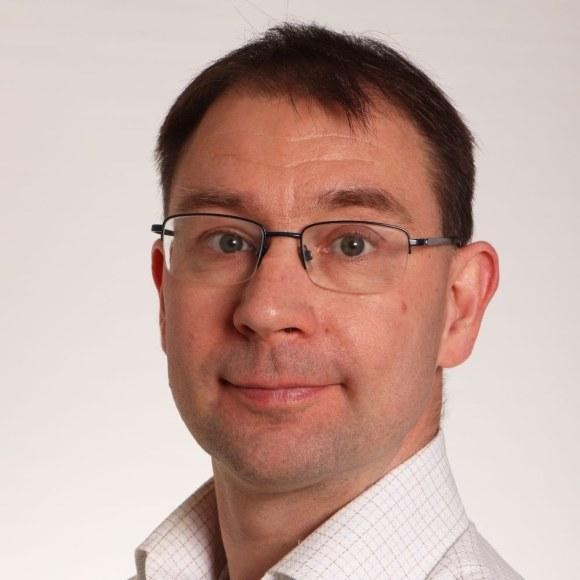IMT cordially invites you to Prof. Kallio's seminar on Wednesday, May 15, 13:30 - 14:30 h in the Seminar Room 049/050 of PVZ/Zentrum für Pharmaverfahrenstechnik, Franz-Liszt-Straße 35A, 38106 Braunschweig.
Abstract: Oxygen plays an important role in human physiology and pathophysiology. In healthy tissues, oxygen concentrations vary and are tissue dependent. Furthermore, in tumors and in ischemic conditions such as stroke and cardiac ischemia, the oxygen concentration reduces leading to hypoxia.In the standard cell culture incubators, the gas contains 21% oxygen and there is not typically a way to control or measure the oxygen concentration in the cellular microenvironments. This often leads to conditions that are not physiological and also makes studies on hypoxia challenging. In this talk, I will present the technologies developed in the Center of Excellence of Body-on-Chip Research at Tampere University to control and measure oxygen conditions in organ-on-chip systems. I will also discuss applications of such technologies to model ischemic disease conditions such as stroke and myocardial infarction.
Bio: Professor Pasi Kallio is currently the head of Micro- and Nanosystems Research Group (https://research.tuni.fi/mst/) in the Faculty of Medicine and Health Technology at Tampere University, Finland. Since 2008, he has held a professorship of biomedical micro- and nanodevices and he served as the Vice Dean for Research in the Faculty of Medicine and Health Technology in 2019-2023. Prof. Kallio has authored more than 170 peer-reviewed articles, has 16 patent applications and has co-founded three spin-off companies. Prof. Kallio’s research group has more 20 years of expertise on microfabrication, microfluidics, micro- and biosensors and image-based measurements. The group has developed several novel concepts for advanced microfluidic microphysiological systems with a strong focus on physoxic and hypoxic oxygen conditions in neural disorder models, ischemic heart disease and cancer.

